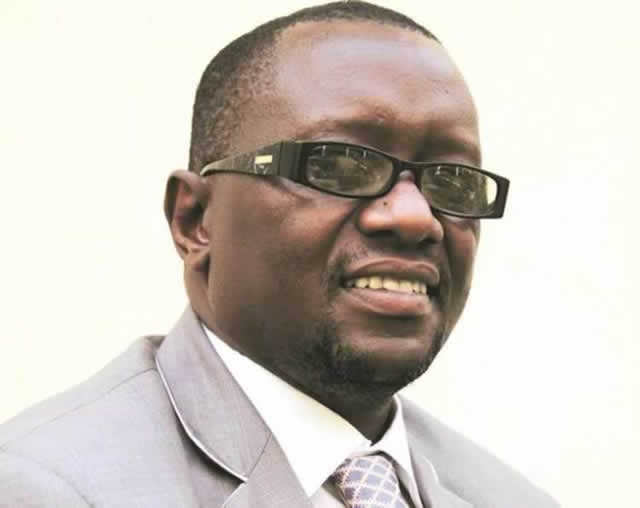‘Govt has capacity to pay civil servants’


Deputy Minister Matangaidze
Zvamaida Murwira Senior Reporter
Government has the capacity to pay all civil servants their salaries and a payment method has since been struck between the employer and employees, Parliament heard yesterday.
Public Service, Labour and Social Welfare Deputy Minister Tapiwa Matangaidze said talks between Government and the Apex Council, representing all civil servants, were going on well and what remained was to release payment dates.
Deputy Minister Matangaidze was responding to a question from Harare West MP Jessie Majome (MDC-T), who had asked if Government still had the capacity to pay its workers considering the delay that had been experienced of late.
“Yes indeed, Government does have the capacity. It has put in place a payment method on a staggered basis owing to some challenges that it is going through which are temporary,” said Cde Matangaidze.
The response, however, triggered a protest from Ms Majome and some MDC-T MPs who accused the Deputy Minister of failing to uphold his Constitutional obligation to respond honestly and without prevaricating considering that civil servants were yet to get their July salaries.
Deputy Minister Matangaidze, however, rapped the MDC-T legislators for crying more than the bereaved saying both the employer and employees were on the same “wave length” as they were discussing the issue amicably.
Responding to another question, Cde Matangaidze said Government would consider a suggestion that civil servants rotated on who got their salaries first.
Musikavanhu MP Mr Prosper Mutseyami (MDC-T) had asked why Government preferred to pay members of the military service first.
Deputy Minister Matangaidze said it had been the tradition before the start of financial challenges affecting the Government that uniformed forces got paid first.
Responding to another question, Agriculture, Mechanisation and Irrigation Development Deputy Minister Paddy Zhanda said Zimbabwe had not imposed a ban on imports, but had exercised its right to regulate goods that come into the country.
He said Zimbabwe was a signatory of various regional and continental protocols that seek to promote trade, but was entitled to exercise its right to regulate certain products from coming into the country as what it did on Statutory Instrument 64 of 2016 that restricts some goods.
He was responding to a question from Mutasa South MP Cde Irene Zindi (zanu-pf) on if his Ministry would also impose a ban on agricultural products that were produced locally.
“Even with that Statutory Instrument, we have a right to issue permits of goods that are necessary to come into this country. We have not been issuing permits for vegetables for example, because we want to promote the local industry,” said Cde Zhanda.









Comments